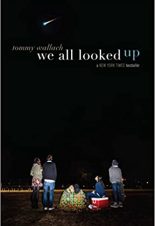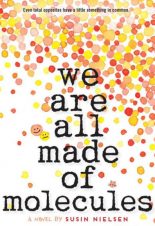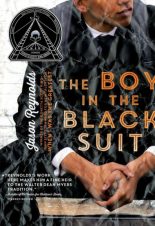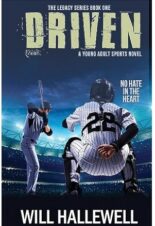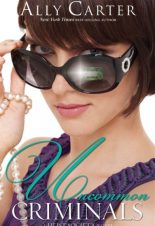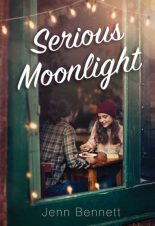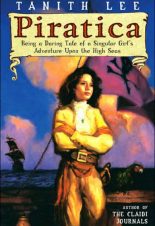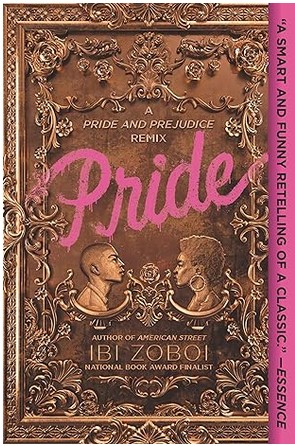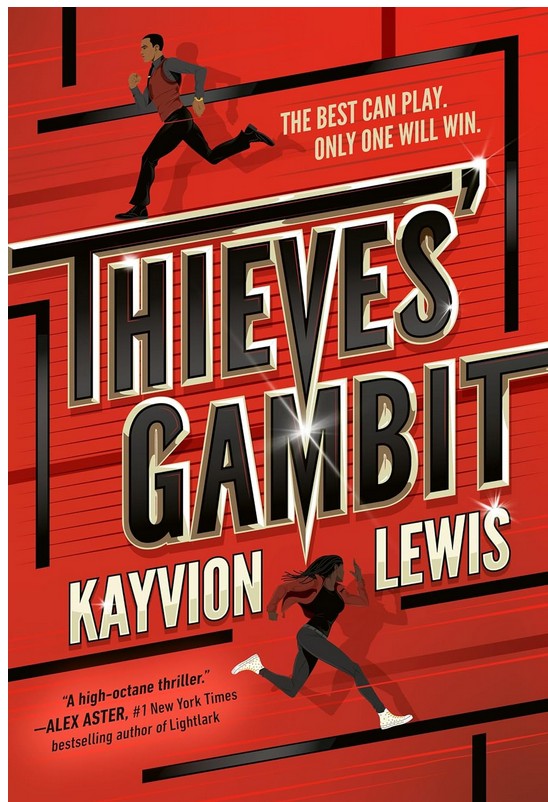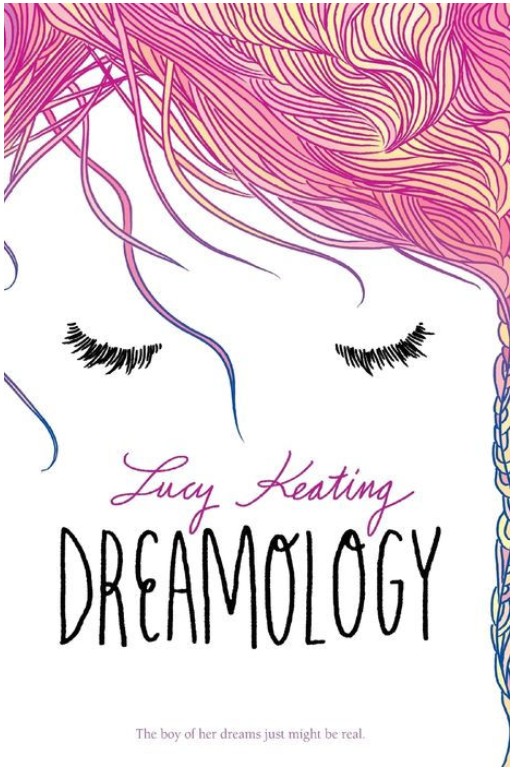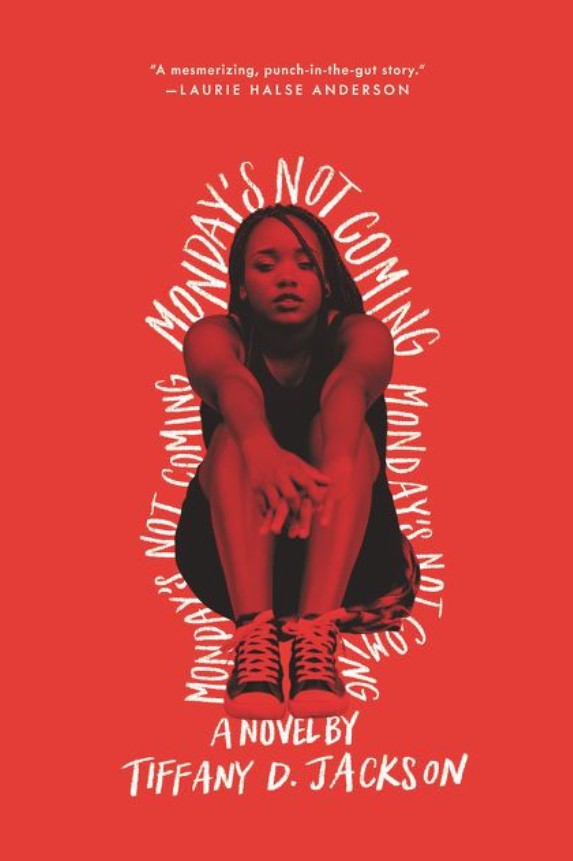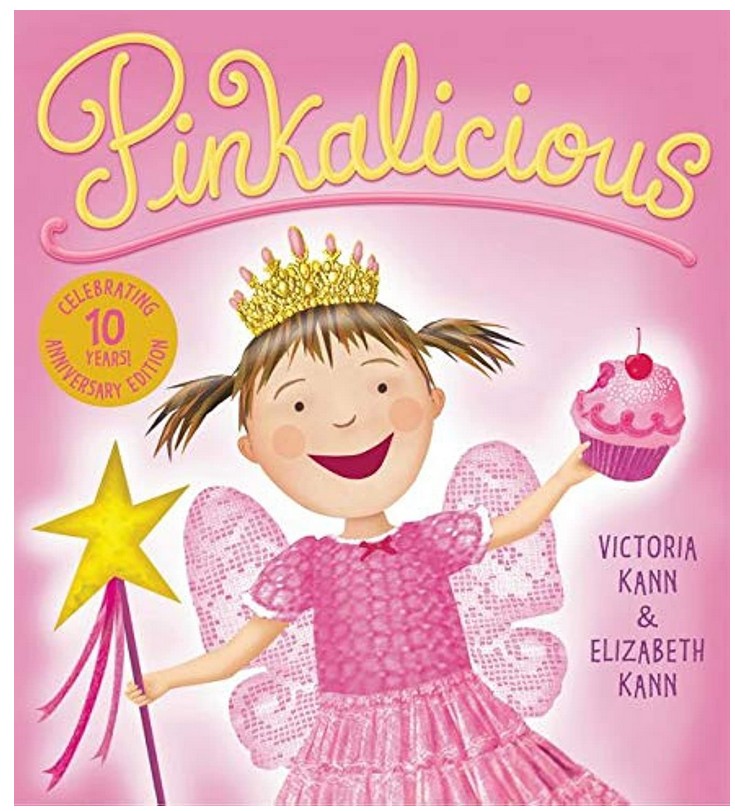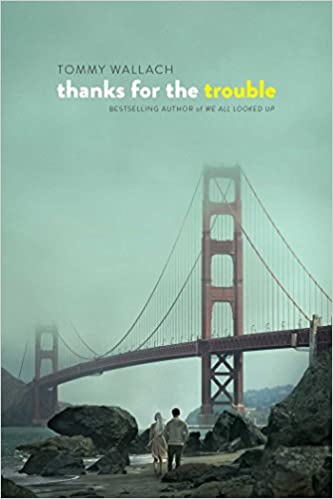
Buy This Book
Other books by Tommy Wallach
“They only think they want it, Parker. But nobody really wants anything forever. Just for longer than they get it,” Zelda. –Thanks for the Trouble
Thanks for the Trouble
by Tommy Wallach
AR Test, Must Read
14+
Score
5.5
320
Parker Sante has not said a single word in 12 years; not since he witnessed his father die in a fatal car accident. Instead, he writes out his thoughts in a journal and watches other people interact; studying their movements and actions until it is the perfect moment to steal something that others would never know is gone. That’s exactly what he is doing when he locks eyes with Zelda. The striking, silver-haired vixen who seems to entrap him with just one look. Suddenly, not only does he want to steal from her, but he wants to get to know her. To talk to her.
However, Parker quickly realizes that Zelda isn’t everything he thought she would be. She’s a dream, but one that may be coming to an end very soon. When Zelda receives a mysterious phone call, she makes it clear she plans to end her life. While she won’t tell him the details, Parker knows he must change her mind. So, the pair spend the next few days doing everything that Parker hopes will make Zelda fall in love with life again. It includes one wild night at a Halloween party (a scene that is very unlike Parker), becoming the middleman in a very public breakup at the movies, and even letting Zelda convince him to apply for college. However, as time passes, Parker falls more in love with Zelda and is increasingly frustrated because he knows nothing about her.
Zelda remains an enigma to Parker until he demands she tell him who she is and why she is going to jump off the Golden Gate Bridge. But the story that Zelda begins to tell Parker is one he never saw coming. Instead, it is filled with unbelievable lies that Zelda insists are her reality; a reality that causes her to remain young forever. But Parker isn’t buying it. People didn’t just stop aging and live forever…or did they?
As Parker races against time, trying to change Zelda’s mind, he realizes that maybe she isn’t the only one who needs saving. After all, Parker was living his life at half volume until Zelda came along, and now that she’s here, he doesn’t want to let his life slip away again. He just may have to figure out how to live life to the fullest on his own.
The odd, yet endearing friendship between Zelda and Parker adds a vibrancy to the novel that immediately draws in the reader. Considering all the challenges Parker faces, witnessing his social progression throughout the story will leave the reader with a sense of pride. For example, by the end of the novel Parker begins to make real friends at school and starts to form the connections that he always wanted but never had. While Zelda shows some signs of vulnerability, an air of mysteriousness remains around her. There are moments where even the reader will question if what Zelda is saying is true or just another made-up story to help her conceal her identity. Because of this, the reader may find themselves frustrated by Zelda’s consistent games, but they will simultaneously be entranced by her.
While Thanks for the Trouble contains a great plot line and immense character development, there is a heavy presence of suicidal thoughts. Multiple times, Zelda mentions that she intends to jump off the Golden Gate Bridge, and she eventually carries through with the action. While Zelda discloses to Parker that she cannot age and that is why she intends to commit suicide, the reader is still left with a feeling of uncertainty around that reasoning. Therefore, it never feels like we get a complete reason as to why Zelda wants to commit suicide, which makes the novel heartbreaking. While Parker consistently attempts to get Zelda to rethink her decision to commit suicide, that is the only form of suicide prevention that is present within the novel. The novel does not discourage suicide, and it does not discuss methods of intervention.
Aside from the heavy topic of suicide, the plot will keep readers on their toes and the mystery never lets up. Readers never know what will happen next, which makes Thanks for the Trouble a must-read. The story is heartbreaking and honest in a way that many novels for young adult readers are not. The novel plays on the impulsiveness of teenage feelings when it comes to love and relationships, creating a sense of understanding between the reader and the characters. Parker’s devotion to Zelda reminds the reader that love is the greatest kindness you can show someone. Once more, Zelda’s journey through the novel and her eventual death brings light to the idea that life is fragile in every form, and that we may never know how much time is left. All in all, the novel makes resounding commentary on how love, life, and death are the three sole things that can never be stopped, even if we wish they could be.
Sexual Content
- Zelda guesses what Parker does in his free time. “Seventeen? What a horrible age. I bet you spend most of your free time playing computer games and watching pornography on the Internet.”
- Parker recalls his first kiss when he was in seventh grade. He was playing spin the bottle with a friend and “the bottle had landed on her first, then on me, then blam! I was kissed. Kisses are weird that way. They’re supposed to be performed by two people simultaneously, but they don’t have to be. We even have a term for it- a stolen kiss– which is really just a euphemism for full-on-oral assault. I can remember looking up from the open mouth of the bottle only to find another open mouth rushing at me. A crush of lip and tongue and saliva and the chorus of yowls from the onlookers.”
- Someone tells Zelda what a cougar is. “A cougar’s an older woman who gets it on with young men.”
- Zelda lies about Parker and her being lovers. A boy at the Halloween party “asked me if you were my community service project. I told him we’d been lovers for months. That you’d made me feel things I’d never felt before.”
- Zelda and Parker kiss at a Halloween Party. “I turned to smile at Zelda and she kissed me, right on the mouth this time, and I kissed her back.”
- As Parker walks around a museum with Zelda, he says, “Usually, the only thing that keeps me awake is all the nudity. Though not nearly as common as bowls of fruit, naked ladies tend to feature very prominently in your average museum.”
- Parker and Zelda passionately kiss in the Shakespeare Garden. “I moved across the dark distance between us and put my arms around her waist, pulling her into a kiss. I felt the cluck of her phone dropping to the grass. A moment later we were on the ground too. She rolled on top of me, pinning my arms behind my head, pushing against me in a way that made me forget every single problem I ever had or probably ever would have.”
- Parker’s mother gives him sex advice. His mom says, ” Try to do it mostly with people you love. Use protection. Don’t be an asshole.”
- Parker and Zelda have sex. “We finished undressing each other and got into bed. The house was just cold enough that it felt really good under the covers, skin to skin. And then we were kissing, and then it was happening, and I’ll leave the gory details to your imagination if that’s okay by you.”
Violence
- Parker steals from a woman’s purse at the hotel. “I glanced around the room, and when I was sure no one was looking, I reached over and undid the clasp of the silver-haired girl’s little blue handbag. I pushed through a cloud of Kleenex and deep-sea dove into the mysterious mire of femininity until my fingers found the wad.”
- Parker describes his version of the sleeping beauty storyline. “He’s actually a douche-bag king—one who already has a queen by the way—and he rapes her. She wakes up pregnant, so the king’s wife tries to kill her, bake her into a pie, and feed her to the king. The happy ending? The king decides to have his wife burned to death so he can raise a family with Sleeping Beauty.”
- Parker writes a fairytale and describes one of the characters abusing his wife. “As a punishment, he beat his wife around the belly with a bent piece of barrel wood.”
- Zelda tells Parker about her plans of committing suicide. “I am waiting for a phone call. And when it comes, I’m going to give this money to the first needy person I see. Then I’ll take the trolley to the Golden Gate Bridge and jump off of it.”
- Parker describes the car accident that killed his father. His father caught the back bumper of another car when he was switching lanes and “we were flipped over in the middle of the highway and my dad was dripping onto the fucking roof, you know.”
- Parker recounts a character in one of his stories being hit by his mother. “His mother slapped him upside the head again. Go back to bed child!”
- Parker tells Zelda about how he got charged with assault in eighth grade from pushing his bully. “I pushed him back one time, and I wasn’t paying…this one car was driving way too close to the sidewalk, and so yeah, he ended up getting hit. Trevor’s parents pressed charges, and maybe because he was white and I wasn’t, I got this minor version of assault put on my record.”
- When Zelda finds out Parker declined the phone call she had been waiting for, Zelda slaps Parker. “Finally, I grabbed her shoulder, and she spun and delivered a stinging slap right to my bruised cheek. I was blind with pain for a few seconds, and by the time I recovered, she was gone.”
- Parker finds Zelda about to jump off the bridge. “Now, you might think it doesn’t really matter one way or the other—if a person wants to kill herself, she’ll just find some other way to do it, right? Wrong. It turns out that most people make these decisions pretty lightly, on the spur of the moment when the thought occurs, they often don’t do it at all.”
- Parker describes how Zelda looks before she jumps off the bridge. “Imperfect sadness maybe, which was another way of saying there was a little splinter of happiness in there too. I’d given her that at least. And then she jumped.”
Drugs and Alcohol
- Zelda pours rum into her drink. “She took a small leather flask out of her purse and poured some of it into her soda.”
- Parker goes to see his mom and she is drinking. “The eviscerated remains of a TV dinner were still in my mom’s lap, and she was holding a mostly empty glass of red wine.”
- Parker gets home and notices his mom is drunk. “My mom was clearly a little bit tipsy. . . ”
- Parker describes his idea of high school parties. According to Parker, high school parties are “a bunch of people getting together to be drunk, loud assholes, with a special emphasis on the loud. And another emphasis on the drunk. And a third emphasis on assholes, while we’re at it.”
- After being left alone at the party, Parker gets drunk. “I’ve never seen the appeal in getting hammered every time there’s alcohol on offer. But here I was at a party made up entirely of people I either didn’t know or didn’t like, so what else was I supposed to do?”
- Parker sees others at the party drinking. “Jamie Schmid, the host of the party, came running from the other end of the yard, a bottle of Budweiser gripped tightly in each fist.”
- Parker describes his mother’s bedside table. “Her drugs were on the bedside table – Prozac and Tylenol PM – alongside an empty bottle of wine.”
- Zelda confronts Parker’s mother about her alcohol use. Zelda says, “But you cannot expect your son to stand here and be lectured about self-control by an alcoholic.”
Language
- Explicit language such as fuck, shit, and ass are used frequently.
- Parker says others describe him as “a thug.”
- A friend of Parker’s argues with him over who should go first in chess. “You’re Latino is what you are, son. And that whole white-goes-first bullshit is straight-up racist.”
Supernatural
- None
Spiritual Content
- Parker describes some of the artwork in the museum: “All those haloed saints and weeping Marys and bleeding Jeses (that’s the plural of Jesus, right?) and yawn-inducing landscapes and dead chickens.”
- Parker, Zelda, and his new friends discuss God. The friend said, “God and science are not incompatible. And Zelda just said herself. Nothing adds up unless you consider God.”
- Parker expresses his thoughts on the Bible. “That’s the problem with the Bible—or one of them, anyway—it doesn’t just tell you what to do, it tells you what to want. That’s too much to ask, IMHO.”
